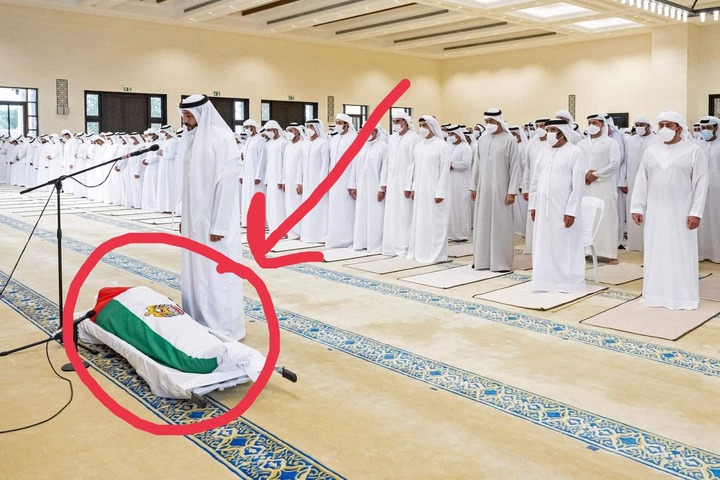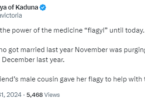Sheikh Khalifa bin Zayed Al Nahyan, the UAE’s long-ailing ruler and president, died on Friday, the authorities said in a terse statement. He was 73.

Khalifa supervised most of the country’s economic progress, and after bailing out Dubai during its financial crisis over a decade ago, his name was immortalized on the world’s tallest building, the Burj Khalifa.
He discontinued having any involvement in the day-to-day affairs of managing the country after suffering a stroke and undergoing emergency surgery in 2014, a decade after becoming president.
The UAE has declared a 40-day mourning period and a three-day work stoppage across the government and private sector, with flags flying at half-staff.
There was no immediate word of a replacement.
Condolence messages flooded in from all over the area and the world.
Sheikh Mohammed bin Zayed stated on Twitter after his brother’s death was formally confirmed through state media, “The UAE has lost a devoted son, and the leader of its glorious empowerment path.” “May Allah Almighty grant you success, Khalifa bin Zayed, my brother, supporter, and guide.”
Khalifa was born in Al Ain, near the Oman border, in 1948. He was Sheikh Zayed bin Sultan Al Nahyan’s eldest son, and Emiratis see him as the country’s founding father. He received his education at Sandhurst, England’s elite military academy.
Khalifa was appointed prime minister of Abu Dhabi and chairman of the emirate’s Department of Defense in 1969, which eventually became the nucleus of the UAE’s armed forces.
By bulking up the UAE’s military with large purchases from American weapons manufacturers, Khalifa helped raise the UAE’s regional reputation.
In 2011, he assigned warplanes to the NATO-led intervention in Libya against Moammar Gadhafi’s regime. The UAE became one of the most visible Arab participants in US-led airstrikes in Syria against the extremist Islamic State organization in 2014.
Under Khalifa’s presidency, the UAE assisted Saudi Arabia in sending troops to Bahrain to put down an uprising there by Bahrain’s predominantly Shiite people, who were demanding more rights from the island’s Sunni rulers.
People noticed that when he was buried the was no funeral and it was only men and no women around.











Leave a Comment